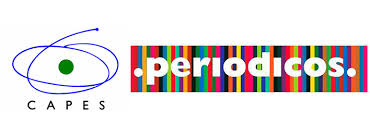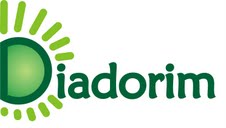COMPARAÇÃO ENTRE FROTA HOMOGÊNEA E HETEROGÊNEA EM PROBLEMAS DE ROTEAMENTO DE VEÍCULOS CAPACITADOS
DOI:
https://doi.org/10.26512/ripe.v2i10.21724Keywords:
Roteamento de veículos capacitados. Otimização. Frota heterogênea. Frota homogênea.Abstract
Este trabalho apresenta a comparação entre frota homogênea e heterogênea em problemas de roteamento de veículos capacitados com o objetivo de minimizar o custo de transporte utilizando algoritmo exato, em linguagem de programação linear inteira mista, levando em consideração a variação da taxa de consumo de combustível na função objetivo. O modelo computacional foi desenvolvido em linguagem de programação GUSEK e foi utilizado o solver GLPK. Foram testadas instâncias com duas frotas, homogênea e heterogênea, e 5 grafos diferentes. Os resultados mostraram que a frota heterogênea apresentou menor custo de transporte, com exceção de um caso particular em que a quantidade de pontos a visitar é igual ao número de veículos e a demanda é igual à capacidade de carregamento dos veículos. Conclui-se que para o caso geral estudado a frota
heterogênea fornece menor custo de transporte e a economia em relação a utilização de frota homogênea é maior a medida que o número de pontos a serem visitados aumenta.
Downloads
References
Bittencourt, G. C. D, 2012. Problema de roteamento de veículos capacitados (PRVC): solução manual x busca dispersa. Congresso Latino-Iberoamericano de Investigatión Operativa ”“ CLAIO. Simpósio Brasileiro de pesquisa Operacional ”“ SBPO: Rio de Janeiro.
Goldbarg, M. C. & Luna, H. P. L, 2000. Otimização combinatória e programação linear: modelos e algoritmos. Rio de Janeiro, Elsevier.
Oliveira, R. A. D. C. & Delgado, K. V, 2015. Sistemas para roteamento de veículos capacitados aplicando Métodos de Monte Carlo. Braziliam Symposium on Information System. Goiânia.
Pinheiro, D. H, 2013. Desenvolvimento de um algoritmo de otimização de consumo de combustível para o problema de roteamento de veículos capacitados. Monografia - Graduação em Ciências da Computação - Universidade Federal de Lavras.
Downloads
Published
How to Cite
Issue
Section
License
Given the public access policy of the journal, the use of the published texts is free, with the obligation of recognizing the original authorship and the first publication in this journal. The authors of the published contributions are entirely and exclusively responsible for their contents.
1. The authors authorize the publication of the article in this journal.
2. The authors guarantee that the contribution is original, and take full responsibility for its content in case of impugnation by third parties.
3. The authors guarantee that the contribution is not under evaluation in another journal.
4. The authors keep the copyright and convey to the journal the right of first publication, the work being licensed under a Creative Commons Attribution License-BY.
5. The authors are allowed and stimulated to publicize and distribute their work on-line after the publication in the journal.
6. The authors of the approved works authorize the journal to distribute their content, after publication, for reproduction in content indexes, virtual libraries and similars.
7. The editors reserve the right to make adjustments to the text and to adequate the article to the editorial rules of the journal.









